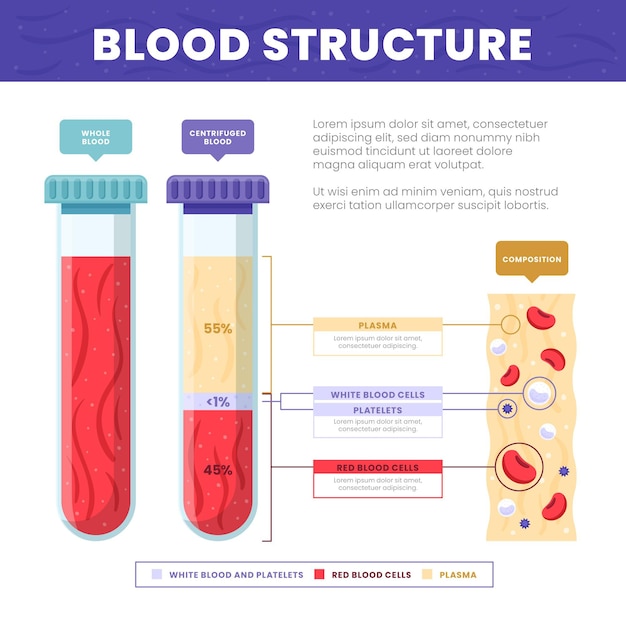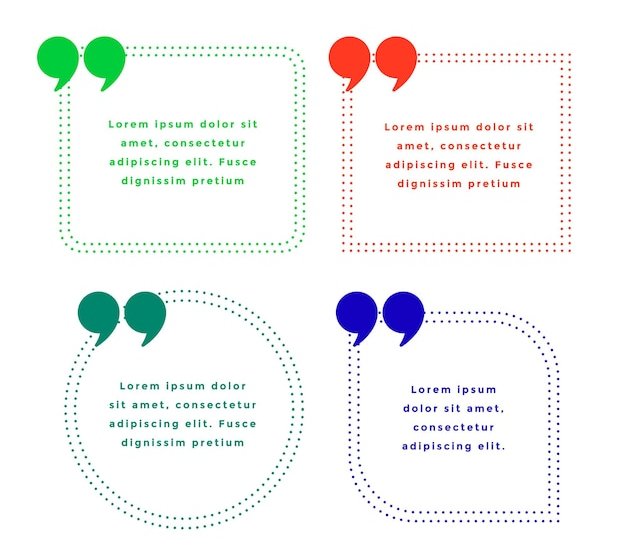Amazing Facts About Ab- Blood Type

Did you know that AB- blood type is one of the rarest blood types in the world?
People with AB- blood type are known as universal plasma donors.
AB- individuals can receive blood from anyone with a negative blood type.
One interesting fact about AB- blood type is that it is more commonly found in Asian populations.
Individuals with AB- blood type have a higher risk of developing blood clotting disorders.
AB- blood type is known to have a higher likelihood of being associated with autoimmune disorders.
People with AB- blood type have a reduced risk of heart disease compared to other blood types.
AB- individuals are more prone to allergies and asthma.
AB- blood type is associated with an increased risk of developing pancreatic cancer.
Research has shown a connection between AB- blood type and an increased risk of cognitive decline.
Studies suggest that AB- individuals are more likely to struggle with mental health issues such as anxiety or depression.
AB- blood type has been linked to a higher risk of developing certain types of leukemia.
Despite its rarity, AB- blood type can be found in all ethnicities and races.
People with AB- blood type are often sought after as potential organ donors due to their compatibility with other blood types.
Having AB- blood type means you have both A and B antigens on your red blood cells and lack the Rh factor.
Did you know that AB- blood type is often referred to as the ‘universal recipient’ because it can receive blood from any type?
Amazing Facts About Ab- Blood Type part 2
Individuals with AB- blood type may require specialized medical care due to their unique blood composition.
AB- blood type is the result of an inherited combination of genes from both parents.
AB- individuals are more likely to require blood transfusions due to their rare blood type.
People with AB- blood type can donate plasma to help save lives.
AB- blood type is often associated with a high IQ and creativity.
Individuals with AB- blood type may have a higher risk of developing stomach ulcers.
Having AB- blood type means you are more susceptible to certain gastrointestinal disorders.
Did you know that AB- individuals may require special vaccinations due to their unique immune response?
One interesting fact about AB- blood type is that it was the last blood type to be discovered by scientists.
People with AB- blood type may have a higher tolerance for certain medications or anesthesia.
AB- individuals have a lower risk of blood-clotting disorders compared to individuals with other negative blood types.
Having AB- blood type may provide some protection against certain viral infections.
AB- individuals may have a higher risk of developing age-related macular degeneration.
Did you know that some research suggests a link between AB- blood type and an increased risk of stroke?
Having AB- blood type means you can receive blood from AB+, AB-, A-, or B- donors.
AB- individuals often have a unique ability to empathize with others due to their sensitivity.
Some studies suggest a connection between AB- blood type and an increased risk of developing kidney stones.
Having AB- blood type may increase your vulnerability to stress-related illnesses.
Did you know that AB- blood type has been associated with a higher risk of developing certain autoimmune skin disorders?
AB- individuals are often encouraged to maintain a healthy lifestyle to reduce their risk of certain health conditions.
People with AB- blood type may require additional medical screenings due to their increased risk of certain diseases.
Having AB- blood type means you have a diverse genetic background, as it is the result of two different antigens.
AB- individuals often have a unique ability to adapt to different situations and think outside the box.
Did you know that some studies have suggested a potential link between AB- blood type and a higher risk of developing certain types of cancer?
People with AB- blood type may have a higher risk of developing rheumatoid arthritis.
Having AB- blood type means you have a unique immune response compared to other blood types.
AB- individuals are often encouraged to donate blood regularly to ensure a sufficient supply for those in need.
Did you know that AB- blood type has been associated with a higher risk of developing environmental allergies?
People with AB- blood type are encouraged to educate themselves about potential health risks and take proactive measures to protect their well-being.

